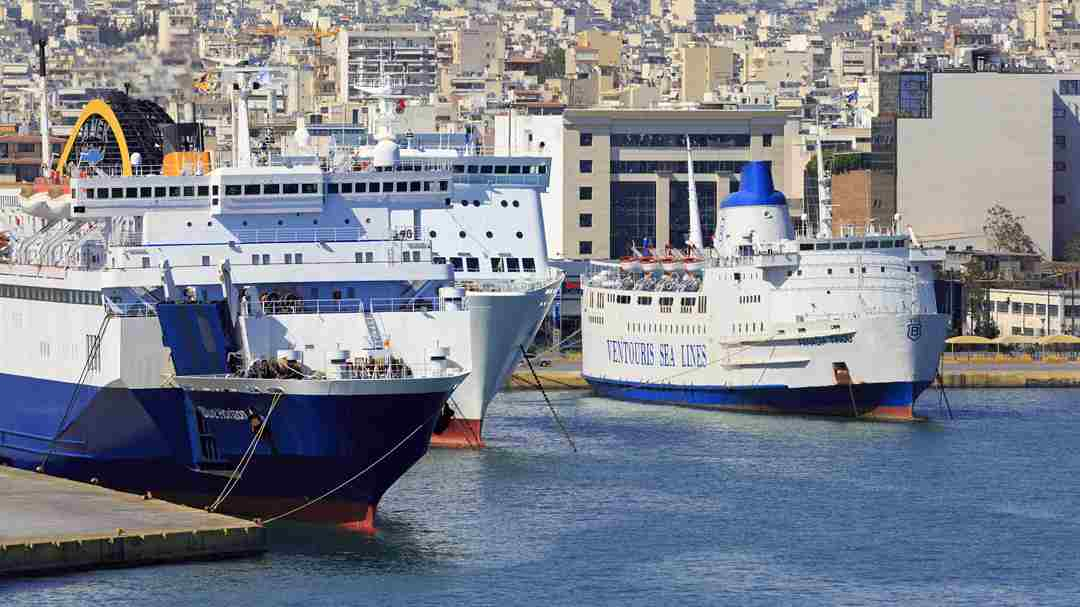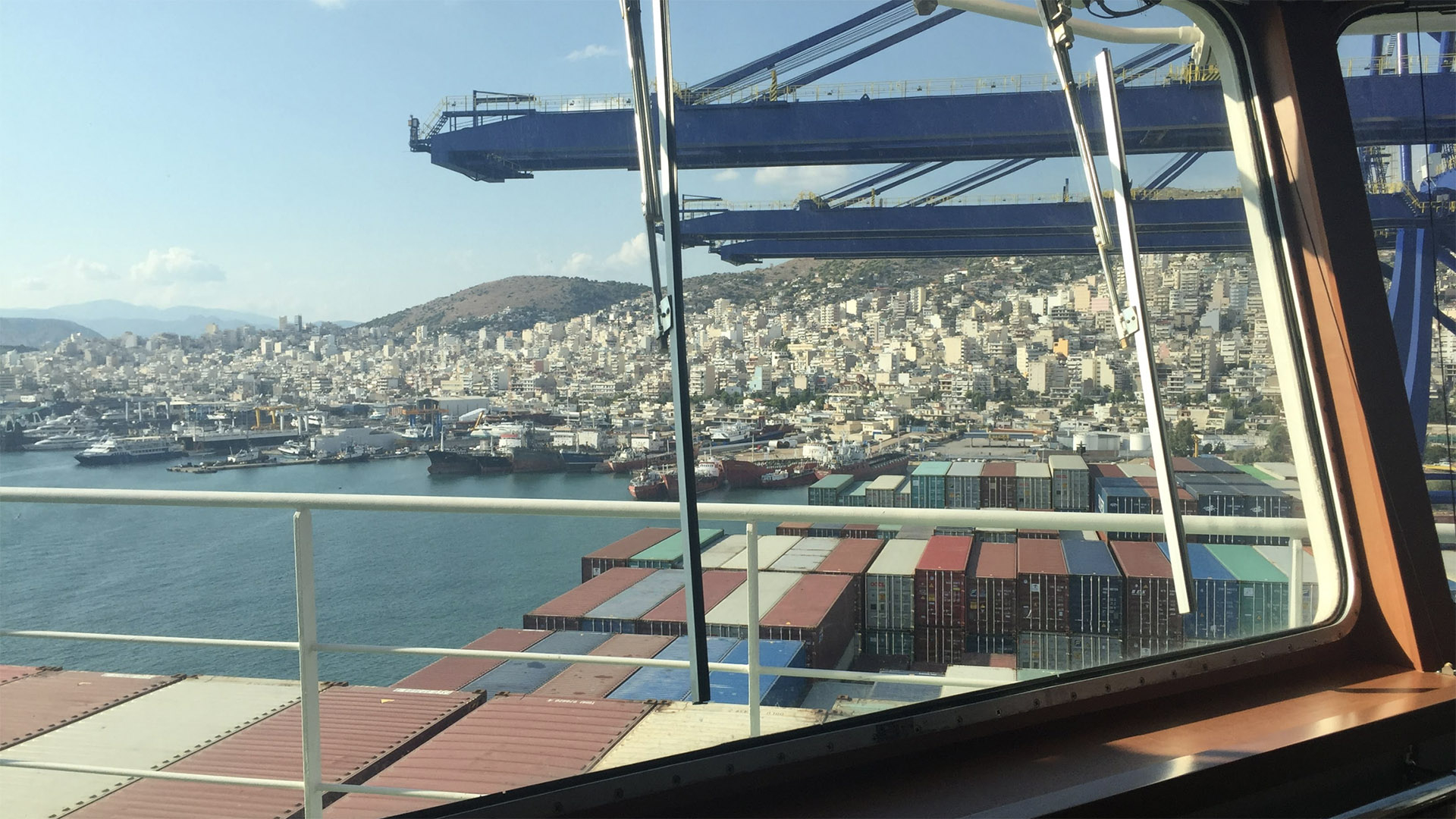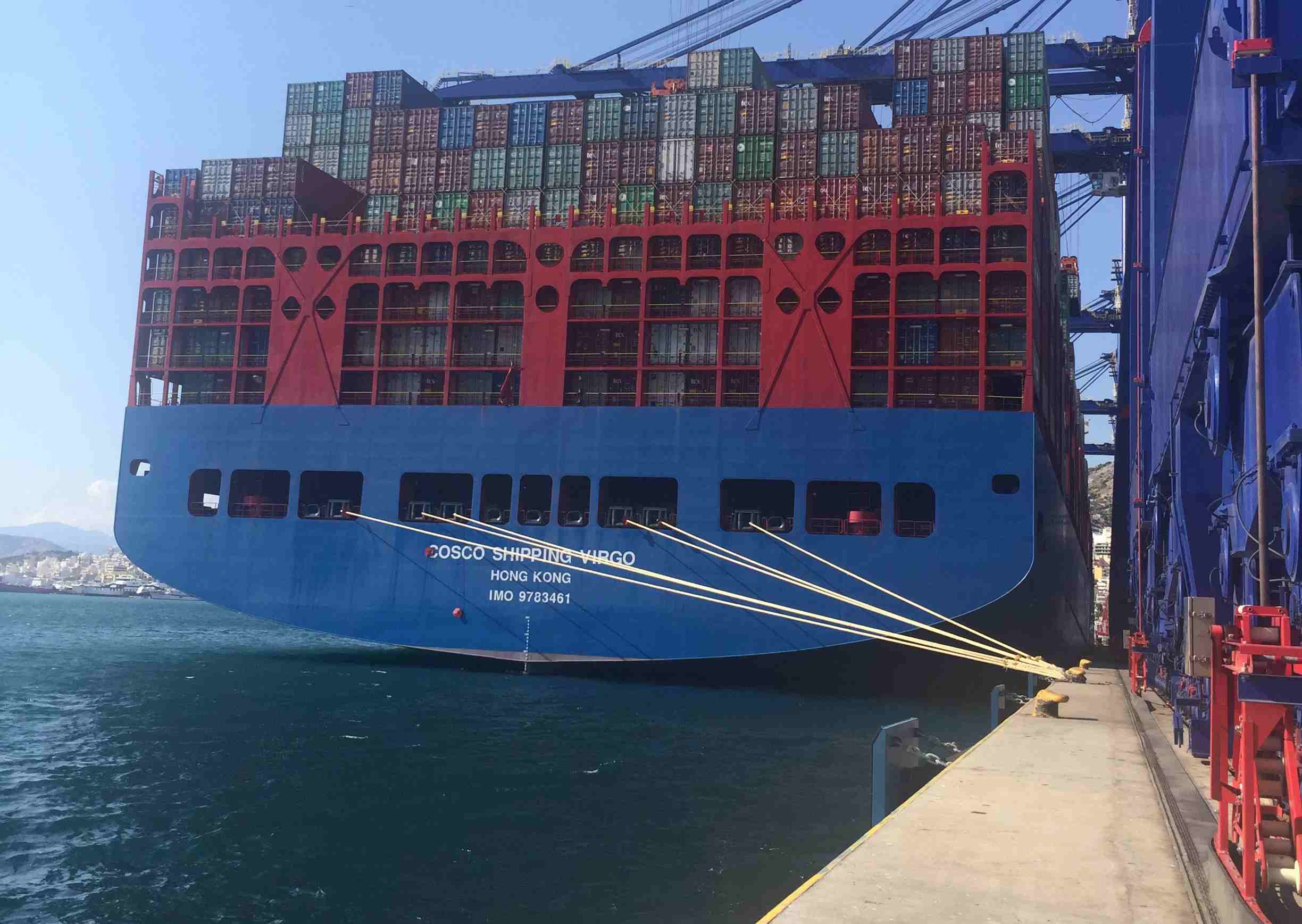
Business
23:05, 22-Nov-2018
Piraeus Port: Dragon’s head on the Belt and Road
Updated
22:32, 25-Nov-2018
By Laura Schmitt and Zhou Xi

Piraeus, a name from the ancient past that is resonating again today. The port is part of the Athens conurbation, lying just 10 kilometers from the heart of the city.
Piraeus has a long history. From the 5th century B.C., it played a key role in the spread of ancient Greek civilization. Now, over two millennia later, it is making a bold move to reclaim its former glory. Having barely made the list of the 100 leading global ports just a few years ago, Piraeus has shot up to number 36.
A key factor behind Piraeus' new elevated status is the Belt and Road Initiative (BRI). This massive China-led project aims to revive the old trade routes of the maritime and overland Silk Roads, whose opening up, over 2,000 years ago, coincided with an initial period of prosperity for the ancient Port of Piraeus.
Today's Belt and Road connect 65 percent of the world's population and around 70 countries, with Piraeus identified for a pivotal role. This explains why, back in 2016, one of the world's largest container shipping companies and port operators, China's COSCO, bought a majority stake in the Greek port. However, things did not go smoothly at first.
00:47

At the time, Greece was beginning to suffer badly due to the European debt crisis. Fu Chengqiu, CEO of Piraeus Port Authority, remembers the initial stages of the takeover, when there was strong local opposition.
“People… worried about the takeover of the port by Chinese people living thousands of miles away,” he said, “They were concerned that they might lose their jobs in the future, and so they staged strikes for 11 months.”
However, COSCO was in a strong bargaining position. Greece, after receiving multiple bailouts, was under pressure from the European Union to sell off state assets such as Piraeus. And so, the deal went ahead.
One man who witnessed the initial period of transition under the new Chinese management, and who has experienced first-hand the accompanying challenges, is dock master Theofilos Avdimitiotis, who has been working in Piraeus port for 40 years.
He explains that the Greek side simply wasn't ready for the change. “We had some delay,” he explains, “because between Chinese and Greek people there is some… problems.”

A major advantage for Piraeus is its natural deep harbor, where the world's largest container vessels can dock. /CGTN Photo
A major advantage for Piraeus is its natural deep harbor, where the world's largest container vessels can dock. /CGTN Photo
Since 2008, the company has spent around 600 million euros on modernization work at Piraeus. That figure is expected to rise to over one billion euros by 2021. However, the company is confident that the investment is worthwhile. Piraeus' strategic location makes it a vital hub for Chinese trade with Europe, and has earned it the title: “Dragon's Head on the Belt and Road.”
COSCO has not been shy about advertising the success of its investment. The port has risen dramatically in global and EU rankings, and by 2019 it will have over six million 20-foot-long containers passing through it, per year. Nor is the company reticent about declaring its ambitions; quite simply, it expects Piraeus to become the number one port on the Mediterranean.
Rediscovering China is a 30-minute feature program offering in-depth reports on major issues facing China today. It airs on Sundays at 10:30 a.m. BJT (0230 GMT), with a rebroadcast at 11:30 p.m. (1530 GMT), as well as on Mondays at 8:30 a.m. (0030 GMT) and Fridays at 1:30 p.m. (0530 GMT).

SITEMAP
Copyright © 2018 CGTN. Beijing ICP prepared NO.16065310-3
Copyright © 2018 CGTN. Beijing ICP prepared NO.16065310-3